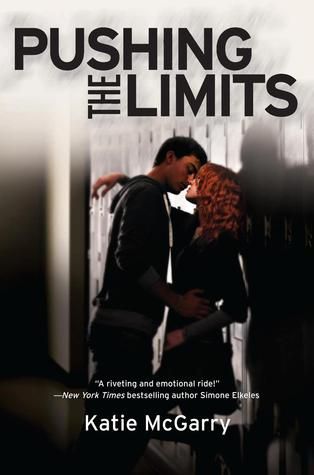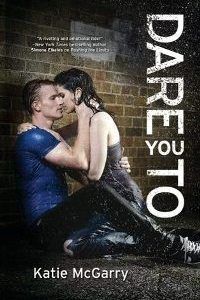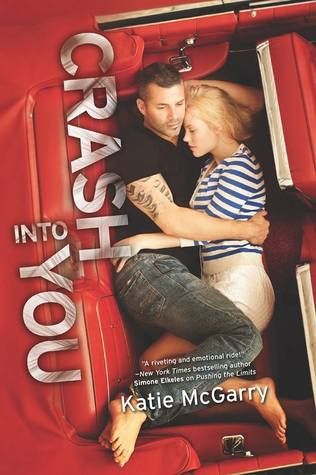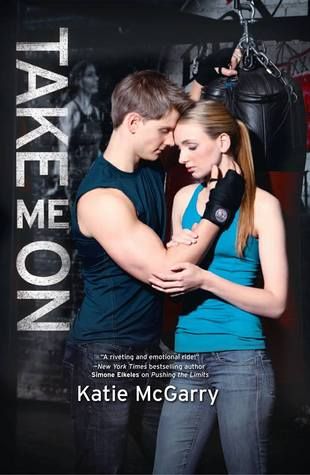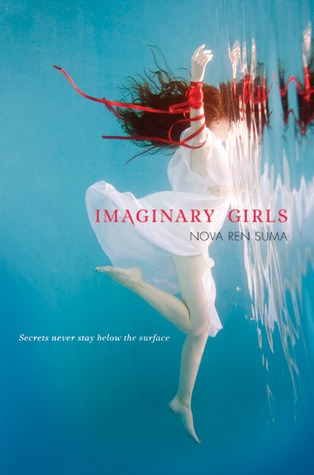This is my first time as a mentor with Pitch Wars, the writer-mentors-writer project and contest Brenda Drake hosts on her blog.
Check it out here.
Check out my Pitch Wars mentee Dawn on twitter here
@norman99
and alternate Adrianne here
@writersrepublic
I wanted to put together thoughts on what I experienced in my brief stint as pseudo-agent, when potential mentees submitted a query and first chapter to me. The goal being to help the chosen writer prepare their manuscript, pitch, and query letter for the agent round, and for querying beyond that.
You Are All Awesome
Overall, I was super impressed by the quality coming through. So much variety, and so many great stories. I could only choose one writer to mentor, plus an alternate.
I posted on my bio I was mainly looking for Young Adult contemporary since that is what I read and have most of my writing familiarity with. And the entrants delivered! I received mostly contemporary stories, with a few fantasy thrown in based on my request for Magical Realism (more on that later), and a number of YA with suspense or mystery elements, which I also said I would like, plus a few other random subgenres. I based these category preferences on what the agents in our agent round are looking for. No sense in saying I would love to read a vampire mermaid Cinderella retelling if no one in publishing is in the market for that.
Anything I discuss in this post, I saw examples of more than once. I am not singling out any one manuscript or any one writer. These were common occurrences.
Queries
Let me just say this: queries are difficult. They are this weird, extremely specific piece of persuasive writing that is not at all something you just whip up and call it a day. If you want to be successful in pitching to professionals in publishing, this is one aspect that pays to do your homework. The beauty of Pitch Wars is that's what the mentors are here for: to help with queries.
Limit how much you talk about yourself
Most writers had the basic formula down (think cover letter for a job), though some spent half or more of the query discussing themselves as a writer, their story inspiration, their love of books, etc, rather than the story. A few lines is all you need about yourself, primarily limited to writing credentials. When I first drafted a query, I had no writing credentials. I wrote that I was a member of SCBWI and later RWA. That was it, and it worked just fine.
Know your wordcount
I didn't see anything outlandish on wordcount, though a handful were on the very low end or very high end, which I commented on. The industry has guidelines for wordcount per genre. Yes, there are exceptions, though as a debut author trying to break into traditional publishing, it is to your advantage to stay within these parameters. If your pages are amazing and wonderful for your romantic contemporary YA at 120k words, an agent *might* respond anyway. They are inevitably going to ask you to cut that down to 90k or lower. This is reality.
Know your genre
We can debate nuances of subgenres all day. A few I received challenged the conventional norms of YA, and in each of those I appreciate the story and what the author was attempting, I advised to reconsider genre because I knew agents would question it. It had nothing to do with the quality of their story, but more that agents and editors have expectations for what they pitch to publishers.
Magical Realism. My agent loves this subgenre and I've seen her tweet numerous times about what this genre is, comparative novel examples, and she still receives subs for high fantasy and paranormal thinking they fit in this category. Magical Realism is very subtle unexplained things, or very light magical occurrences that are often not fully explained. Sarah Addison Allen writes them,
Like Water For Chocolate is one, and so is Nova Ren Suma's
Imaginary Girls.
Again, it's not that I'm picky, is that when you label a story this way and send it to an agent who expects this, and they see something else, it's an easy reason to reject without even reading. You could have a great story, but your portal world with a magic race of fairy elves pitched as Magical Realism might get an auto-reject based on wrong genre alone.
When in doubt, ask! That's what twitter, blogs, writer friends, Absolute Write, and teh Internetz are for.
Resist the urge to be vague
Red flag anytime you see a cliche in a query. Or generic description that could be anybody's book, Cliches aren't so welcome in manuscripts, but they are even more glaring in a query. Lives "spiraling out of control" for example. What specifically about the character's life spiraled out of control? More so, what does the character WANT, and what stands in their way?
People say write a query like a back cover blurb. I think this is bad advice. Back cover blurbs often have cliches in them. Once you get to a point where you are working exclusively with an editor or have multi-book contracts, use all the cliches you want. Until then, I'm telling you. Cliche, go away.
Drive the hook home
Some queries had a great set up, and then the final hook .... a character must seek truth. A character must question their being. These are vague with no stakes. It may be true, but you need a bigger, or perhaps, more
specific, ending hook. Even if the story is more internally focused, there have to be external factors moving the plot forward or else there's no plot. Get that plot in the query:
Jerrica must stop the Misfits from stealing her band's gear, or else she will be forced to forfeit the talent competition.
(Thank you Jem and the Holograms for the inspiration). This hook names specific people, a specific action, and a specific result. Sure, it could be written with a little more pizzazz, but honestly, getting the basics in there is really key.
Not every weak query led to weak pages
Several of my top choices had either vague or not-quite-there queries. Ultimately, I'm going to evaluate a work on the writing, not just the cover letter to the story. So it wasn't always the case that a weak query meant weak writing. Queries are fixable. The point again is, will an agent or editor keep reading? I did because I'm not either of those; I'm a writer helping writers.
First Chapters
Reminder: I am not singling anyone out here: I saw multiple examples of these issues.
Predictable or cliche starts
Beginning a book with a character driving or just arriving somewhere.
Beginning a book with a character waking up, eating breakfast, getting ready, and driving somewhere.
Yes, you can do these things. But should you? Often these scenes had great interaction between characters, showing their personalities or sharing essential information. Sometimes they had characters explaining mundane details, or even explaining plot, right there on the first page.
Strive to do more. Make your opening page engaging with a scene we haven't seen before. Yes, you can have a character wake up and start their day. Take two sentences for that--now what?
Beginning a book with a character staring into space and pondering their life.
Do you want your story, that you've sweat over, cried over, dissed time with your friends and family over, to start out the way so many other stories do?
Resource: Donald Maass
Writing the Breakout Novel. Get your characters out of the car, and out of the kitchen.
Disoriented starts
Some pages started out great, and then I found myself backtracking. Who did what now? Wait, who's that guy? Is he the guy who said the thing, or the other guy? A general good rule is to limit how many characters you introduce on the first page; no set rule, but introducing five characters and they are all talking and interacting can be tough to engage with.
There's a sweet spot with starting with action. A chase scene *might* be too much if we don't know who the main character is, what they are running from, and why we should care. Backing up a little to show how the character got there could help show them in a current state before the chase. However, backing all the way up to 7 a.m. and breakfast--probably not needed. Start as close to the action as you can, but not necessarily in the middle of it.
Easy right?
That's why you have your writer friends, and why Writers Digest makes money. We all want to know how to do this book thing better.
I hope everyone who subbed to me stays encouraged and keeps pressing on. This biz isn't easy, but we're here for each other as much as we can be.
Happy editing.
















